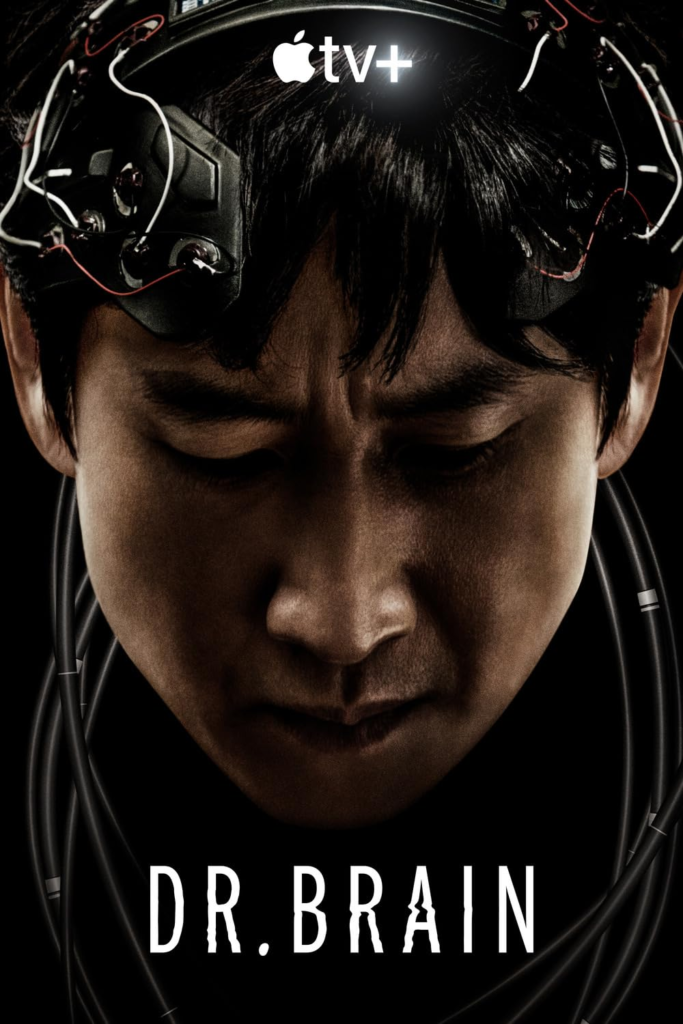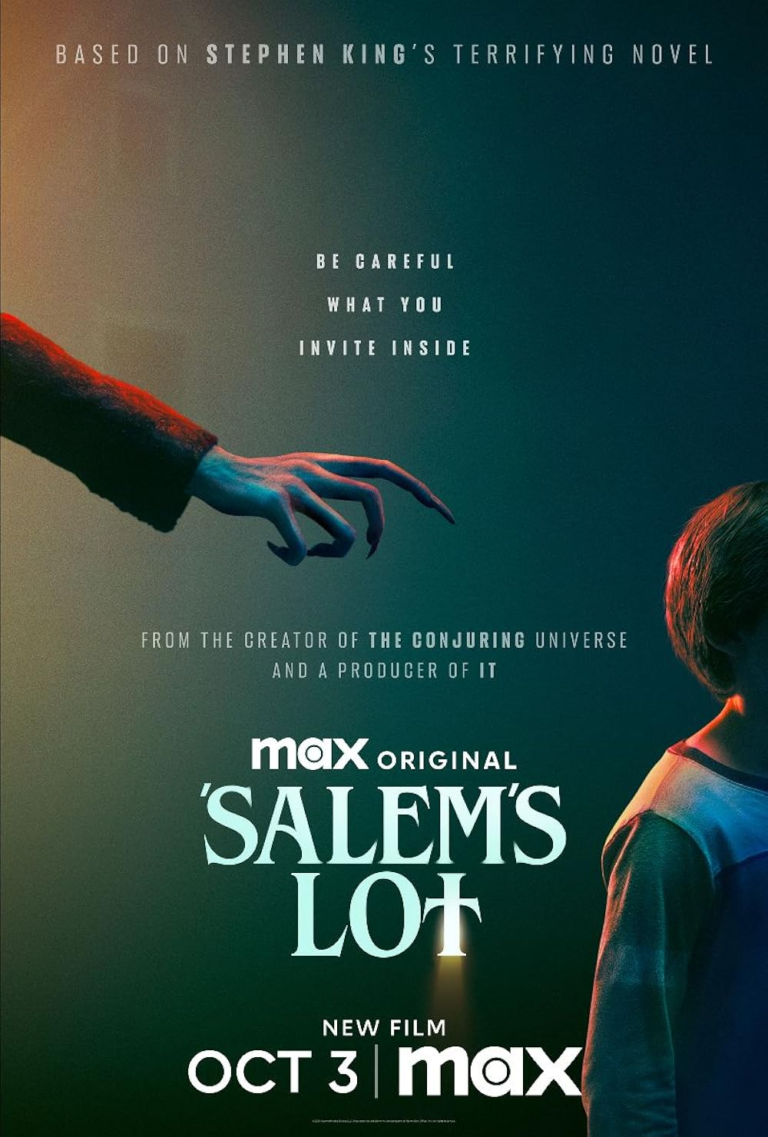Dr. Brain Christian Review

Television, particularly in the ever-expanding world of streaming, is rife with stories that dive headfirst into the unknown. With Apple TV+’s Dr. Brain, we’re presented with a series that dares to probe the intersection of science, morality, and human ambition. It’s visually striking, narratively complex, and emotionally resonant, but as Christians, how do we engage with a show so deeply embedded in the realm of speculative fiction and human ethics? Let’s unravel the layers of Dr. Brain with faith as our lens.
A Propulsive Narrative That Demands Attention
From the opening scenes, Dr. Brain grips its audience. Its rapid pacing and visually arresting storytelling draw viewers into the mind of Dr. Sewon Koh, a scientist grappling with grief and the consequences of his groundbreaking research. The series boasts a style that feels cinematic, borrowing from influences as diverse as Frankenstein and Inception. Yet, it carves out a space uniquely its own, blending science fiction with a deeply human story.
While some might find its twists predictable, the journey itself is where Dr. Brain shines. The writing skillfully weaves characters and subplots, creating an intricate web that holds together despite its complexity. As viewers, we’re invited to ponder not just the “what” of the story, but the “why”—a key component for Christian audiences seeking depth in entertainment.
Ethics in Science: A Biblical Reflection
At its core, Dr. Brain explores the ethical implications of scientific advancement. Sewon’s neural experiments push the boundaries of what is possible, raising questions about humanity’s role in creation. Genesis 1:28 reminds us that God gave humanity dominion over the earth, but this dominion comes with responsibility and humility. Dr. Brain asks whether Sewon’s curiosity—driven by love and loss—justifies his actions.
Christians watching the series might find parallels to the biblical narrative of the Tower of Babel (Genesis 11:1-9). Humanity’s desire to reach the heavens led to confusion and division. Similarly, Sewon’s pursuit of knowledge, while noble in intention, reveals the dangers of unchecked ambition. The show offers a sobering reminder that even well-meaning endeavors can lead to unintended consequences when they’re not grounded in moral accountability.
The Human Element: Grief and Redemption
Beneath its sci-fi exterior, Dr. Brain is a story about grief. Sewon’s journey is deeply personal, rooted in his longing to reconnect with his family. His scientific breakthroughs are not merely academic; they are acts of desperation, born from a profound sense of loss. This emotional core is what makes the series so compelling.
For Christians, Sewon’s story invites reflection on the nature of suffering and redemption. Romans 8:28 assures us that “God works for the good of those who love Him, who have been called according to His purpose.” While Sewon’s path is fraught with pain and mistakes, his determination to uncover truth and restore what has been broken mirrors humanity’s search for meaning in the face of tragedy.
Violence and Visions: A Need for Discernment
One of the show’s most notable features is its tonal complexity. Dr. Brain oscillates between moments of cerebral tension and bursts of visceral violence. The dreamlike sequences—while artistically impressive—can be disorienting, particularly for viewers seeking straightforward storytelling.
For Christian audiences, this tonal rollercoaster warrants discernment. Philippians 4:8 encourages us to dwell on what is true, noble, and pure. While Dr. Brain contains elements of beauty and truth, its darker moments may not be suitable for all viewers. It’s essential to approach the series with a critical eye, considering both its artistic merit and its spiritual impact.
Craftsmanship That Demands Praise
Visually, Dr. Brain is a masterpiece. Director Kim Jee-woon’s meticulous attention to detail elevates the series, creating a world that feels both alien and achingly familiar. The Middle Eastern vistas and the blending of languages—English, Korean, and others—add to the show’s immersive quality. It’s a reminder of the diverse and beautiful world God has created, even as it explores the darker corners of human ingenuity.
The performances, too, are worth celebrating. Lee Sun-kyun’s portrayal of Sewon is both restrained and deeply emotional, capturing the character’s internal conflict with remarkable authenticity. The supporting cast adds depth, each performance contributing to the series’ layered narrative.
Challenges and Cautions
While Dr. Brain excels in many areas, it’s not without its flaws. The final episodes, in particular, may leave some viewers unsatisfied. The show’s ambitious premise doesn’t quite stick the landing, and its reliance on dream sequences might frustrate those seeking clear resolutions.
Moreover, the series’ exploration of science and morality doesn’t always align with a biblical worldview. While it raises important questions, it often stops short of providing satisfying answers. For Christian viewers, this can be both a challenge and an opportunity—to engage critically and bring our own faith-informed perspective to the table.
Final Thoughts: A Thought-Provoking Journey
Dr. Brain is a series that challenges its audience on multiple levels. It’s visually stunning, narratively ambitious, and emotionally resonant. For Christians, it offers a chance to explore themes of grief, redemption, and the ethical boundaries of human ingenuity. While it’s not without its challenges, it’s a show that rewards thoughtful engagement.
Rating: 7.5/10
With its compelling storytelling and artistic brilliance, Dr. Brain stands out as a unique addition to Apple TV+’s lineup. It’s not a perfect series, but for those willing to navigate its complexities, it offers a journey worth taking. Just remember to watch with discernment, keeping faith as your guide.






